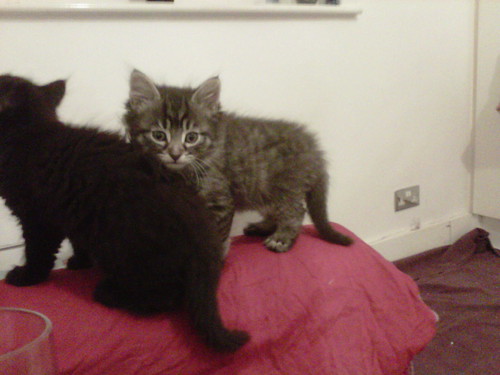Commercial: The Hackney Wick
Word up all you North-east London scribblers. You might be interested in the following:
"The Hackney Wick", a new local arts paper, is looking for writers. The first issue looks explicitly at the subject of redevelopment, exploring in depth changes to the area adjacent to the Olympic site, as well as profiling the unique creative character of the area.
We're looking for people to explore:
New developments-
1. The buildings proposed by Thames Water Gateway - known as the Hackney Wick Hub and the effect that this will have on local businesses and artists. We'd like to have interviews with local people about their opinions on this as well as the company itself. We have permission from the company to publish the maps of their proposal.
2. Forman's (salmon factory, restaurant, and gallery) plan for a pop up restaurant and nightclub (to be called Swan Wharf) to coincide with the canal-side VIP entrance to the Olympic stadium.
3. The Folly for Flyover installation - part of the Create festival - buildings are beginning to be constructed from next week.
Folly for a Flyover, the project for which they have won the award, will engage directly with Hackney’s industrial and cultural history. The materials used to construct the site will be sourced from across Hackney Wick, including refuse from the Olympic Park. They will be put together through a process known as ‘dry assembly’ which means they can be reused for other purposes later on.
Profiles
4. We are also publishing a guide to the Hackney Wicked festival and would like to have some artist profiles featured. Exploring hidden spaces...
We are looking for alternative, in-depth, creative features.
The paper will be published by See Studios (seestudios.com).
If you're interested drop Daren Ellis (daren at seestudios dot com) a line.










